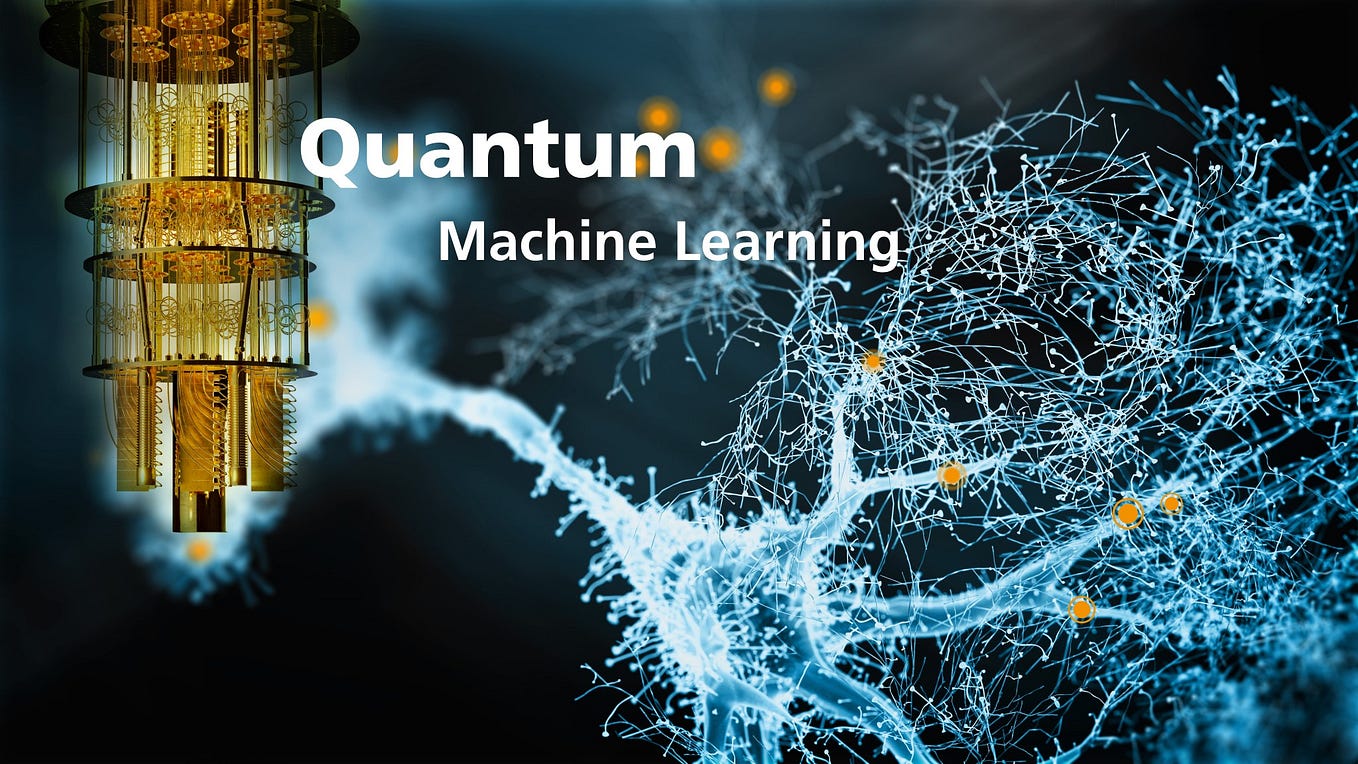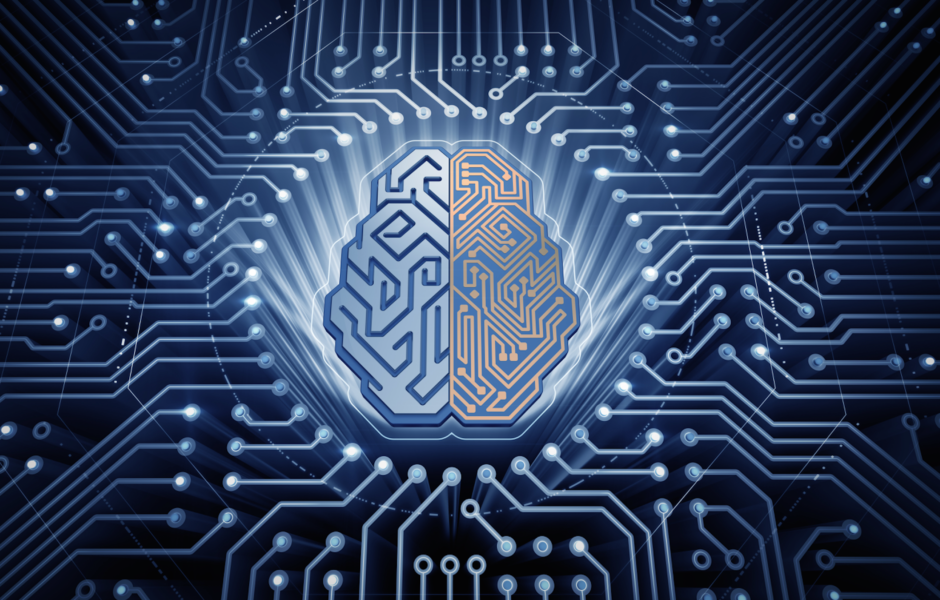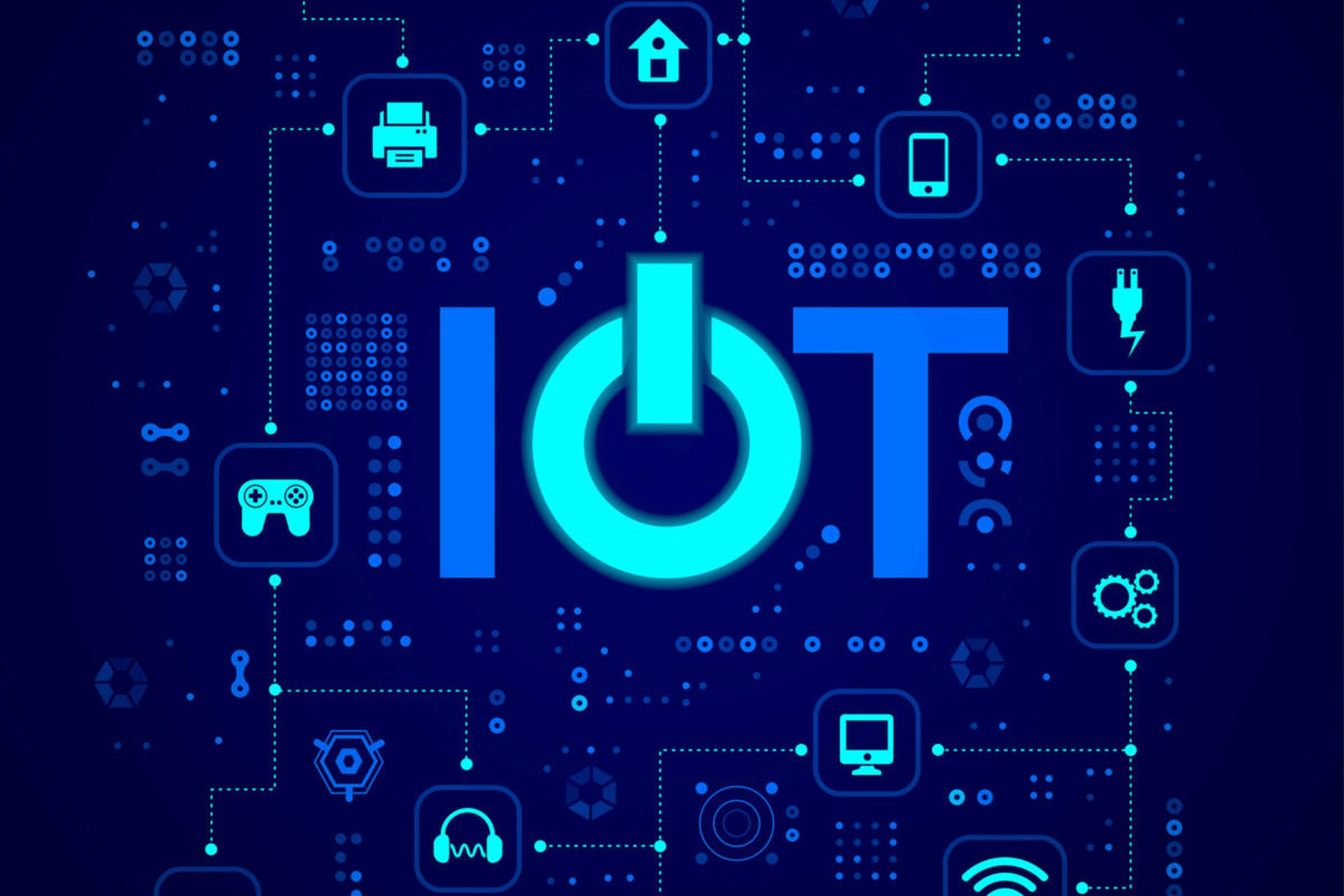
Have you ever wondered if your future job might involve interacting with a device that not only responds to your commands but also anticipates your needs? You must have heard about AI chatbots or IoT Devices. Well, allow me to present you with a way more advanced technology - Quantum Machine Learning (QML).
In today’s world of continuous technological advancements, QML stands at the forefront, praising a new era in artificial intelligence and quantum computing convergence. Imagine a world where machines not only learn from vast datasets but also take the mind-bending power of quantum mechanics to process information at unprecedented speeds.
From deciphering complex patterns in genetic data to optimizing financial portfolios with ultimate accuracy, Quantum Machine Learning holds the potential to redefine what we thought possible with conventional AI methodologies. Moreover, by utilizing quantum computing's capability for parallel processing and superposition alongside machine learning's ability to extract insights from data, this symbiotic relationship has further sparked an explosion of innovation across various sectors.
Also, the marriage of these two transformative technologies not only challenges our understanding of computational boundaries but also redefines the very fabric of problem-solving as we know it.
What is Quantum Machine Learning (QML)?
In simple terms, it is the next evolution of machine learning, leveraging the unique properties of quantum computers. Unlike traditional computers (which use bits to represent data as either 0s or 1s), quantum computers employ their specific units. These bits can exist in multiple states simultaneously. Further, this allows quantum machines to process and analyze complex datasets far more efficiently than their previous coequals.
Similarly, by using quantum computation, researchers hope to explore new frontiers in image or speech recognition, NLP, and anomaly detection. Also, with the ability to handle exponentially large datasets with greater speed and precision, QML may pave the way for breakthroughs in many fields. Some notable sectors are drug discovery, financial modelling, and atmospheric science.
Hence, as we stand on the cusp of this technological frontier, it's clear that quantum machine learning holds immense promise for reshaping our understanding of artificial intelligence.

Quantum Machine Learning - The Basic Concept.
First things first, to grasp the core of QML, one must become familiar with the following key concepts.
- Quantum Superposition
One way to think about a qubit is as a more expansive version of the standard bit. Quantum bits (qubits) can exist in a superposition of states, representing 0 and 1 simultaneously. Additionally, this property facilitates the processing of vast amounts of data concurrently. This further provides exponential acceleration to computations.
- Quantum Entanglement
Qubits can be entangled, meaning the state of one qubit is linked to the state of another, even when physically separated. Also, exploiting this entanglement property is fundamental to various quantum algorithms that offer innovative approaches to problem-solving.
- Quantum Algorithms
Specialized algorithms created for quantum computers are the foundation of quantum machine learning. Even, these algorithms provide considerable advantages in some applications. This is because they may accomplish tasks more efficiently than their classical counterparts.
Machine learning applications are changing as a result of QCs' unique qubit-based architecture. How? Let’s find out!
- Efficiency And Speed
Complex issues can be solved by quantum machines at speeds that traditional computers can't even imagine. This benefit is also especially important for machine learning tasks that need tremendous datasets and complex estimations.
- Quantum Algorithms
Quantum Machine Learning uses specialized algorithms designed for specific tasks. These algorithms optimize ML processes by making use of quantum features like superposition and entanglement.
- Quantum Simulators
These are the key parts of quantum computing. It lets researchers experiment with quantum algorithms and models before deploying them on actual quantum hardware. Additionally, this testing stage smoothes out the improvement of Quantum Machine Learning applications.
Quantum Algorithms Make The Heart of QML!
They enhance machine learning processes via multiple means:
- Optimizing Challenges
Quantum algorithms excel at solving optimization challenges, such as simplifying truck delivery routes and successfully managing financial portfolios. For that, businesses looking to cut costs or increase productivity need to pay attention to this.
- Cryptography Progressions
Quantum algorithms contribute to improving the security of data by strengthening encryption and decryption processes. In the ongoing era of rising online protection dangers, this holds critical significance.
- Advanced Pattern Recognition
Finally, quantum algorithms possess the capability to recognize intricate patterns and correlations within datasets, thereby enhancing the precision and speed of ML models.
Importance of QML in AI and Quantum Computing
- Artificial Intelligence Progress
By speeding up the training of machine learning algorithms and allowing enhanced and efficient AI applications, QML may propel the field forward.
- Interaction via Quantum Computing And Machine Learning
Combining these two cutting-edge approaches might result in ground-breaking discoveries. This union further improves our capacity to address issues in a range of fields, including economics and medicine.
- Leading advancement
Likewise, researchers and top tech firms are taking an interest in Quantum ML. This ultimately has begun to gain ground and expand its potential to influence AI and quantum computing in the years to come.
Exploring The Gains of Quantum Machine Learning
- Mega Speed
Speaking of benefits, nearly instantaneous data analysis is made possible by quantum computer's ability to do complicated calculations tenfold quicker than those of ordinary systems.
- Huge Data Managing
QML is well-suited for applications that need to analyze massive volumes of data since it can handle all databases with flexibility.
- Optimization
Resource utilization and price minimization are also made possible by the efficient handling of optimization challenges by quantum algorithms.
- Compression
Further, big databases can be transferred to a comparatively small number of qubits that would otherwise need prohibitively large quantities of conventional memory.
Speaking of its inculcation in the world, Quantum Machine Learning has a wide range of prospective applications that decode computational problems that are too complex for customary machines.
- Pattern Building
A key element of machine learning is linear algebra, which quantum computers are very good at. For some patterns, quantum algorithms may dash up the building process, which would be a special benefit in the field of artificial intelligence.
- Analyzing and Modeling the Climate
Studying complicated environmental systems and modelling climate change may be made easier with the use of QML, which helps improve simulation accuracy. In addition, this may result in a better comprehension of climate change and its coping techniques.
- Healthcare Industry
By modelling chemical reactions and forecasting possible medication applicants, Quantum ML helps expedite the drug research process. Additionally, it can improve patients' medical procedures.
- Energy
By optimizing power patterns, QML can lower the emission of carbon and improve the transmission of power from sustainable resources.
- Financial Management
QML can recognize fraud, inventory efficiency, and threat evaluation in the insurance sector, resulting in better-informed investment choices.
- Logistics And Supply Chain
It can also cut down expenses and boost productivity by streamlining logistics across the supply chain, managing stocks, and scheduling routes.
Potential Perks for Companies Employing QML
Companies that integrate quantum machine learning into their business processes stand to gain several benefits. Some of the worth-noticing benefits are:
- Improved Choice-Making
Businesses may become more profitable and innovative by using QML to make choices driven by data swiftly and precisely.
- Significant Budget Cuts
Similarly, controlling supply chains, distributing resources, and creating goods can all see significant expense reductions as a result of optimization using QML.
- Advancement
Businesses may develop and produce new goods and services by employing the potential of QML. To remain competitive in the corporate world, the companies must always innovate and change. They have to keep an advantage over rivals to succeed. As an outcome, keeping an edge over others is super important.

Integrating QML Into Existing AI/ML Workflows
QML integration into current AI and ML processes requires a step-by-step process. Here is a brief breakdown.
- Network Coordination
Make sure the information you use for data mining can be successfully handled by quantum devices and is consistent with quantum algorithms.
- Evaluating Algorithms
Decide which quantum algorithms best fit your AI and ML goals. Moreover, to make current algorithms compatible with quantum technology, this could need altering them.
- Monitoring and Efficiency
Additionally, to make sure your Quantum ML processes provide the anticipated gains, cooperate with quantum technology specialists to examine and tune them.
The Future of AI + QML
For several reasons, quantum machine learning has an enormous capacity to revolutionize tech society in the future. The possibilities are endless too!
- Unpaired Efficiency
The rapidly advancing flow of quantum computing will revolutionize ML and AI by significantly reducing the time required to create calculations and instruct models and ultimately deriving authentic results.
- Development Catalyst
Lastly, QML is anticipated to stimulate development across a range of industries. This may include materials research and healthcare by facilitating more effective models and data evaluation ventures.
Bottom Line
All in all, Quantum Machine Learning is not merely a technological leap; it is a groundbreaking transformation to shape the future of technology. Its future is not only bright but mutational! Further, by mastering QML, individuals and firms may use the potential of quantum computing, to build a tomorrow that is not only promising but faster and more inventive.
Well, let’s see how far this integration goes in the future!
Post a comment Cancel reply
Related Posts
From Turing to ChatGPT: What the History of NLP Teaches Us About the Business Applications of AI
Alan Turing first proposed his test of machine intelligence in 1950. He described an “imitation…
7 AI-Powered Apps on Mac for Small Businesses
If you own a small business it can be difficult to keep up with all…
How To Control IoT Devices | Managing The Future of Connectivity
Introduction To IoT Devices Your thermostat adjusting itself based on your schedule or your coffee…
Can Artificial Intelligence Replace Human Intelligence?
Imagine a world where AI brews your morning cup of joe before you even open…




